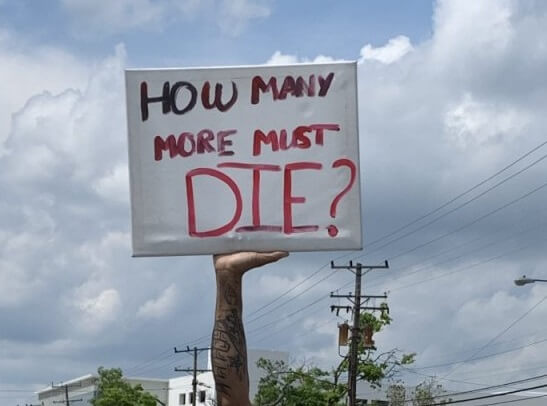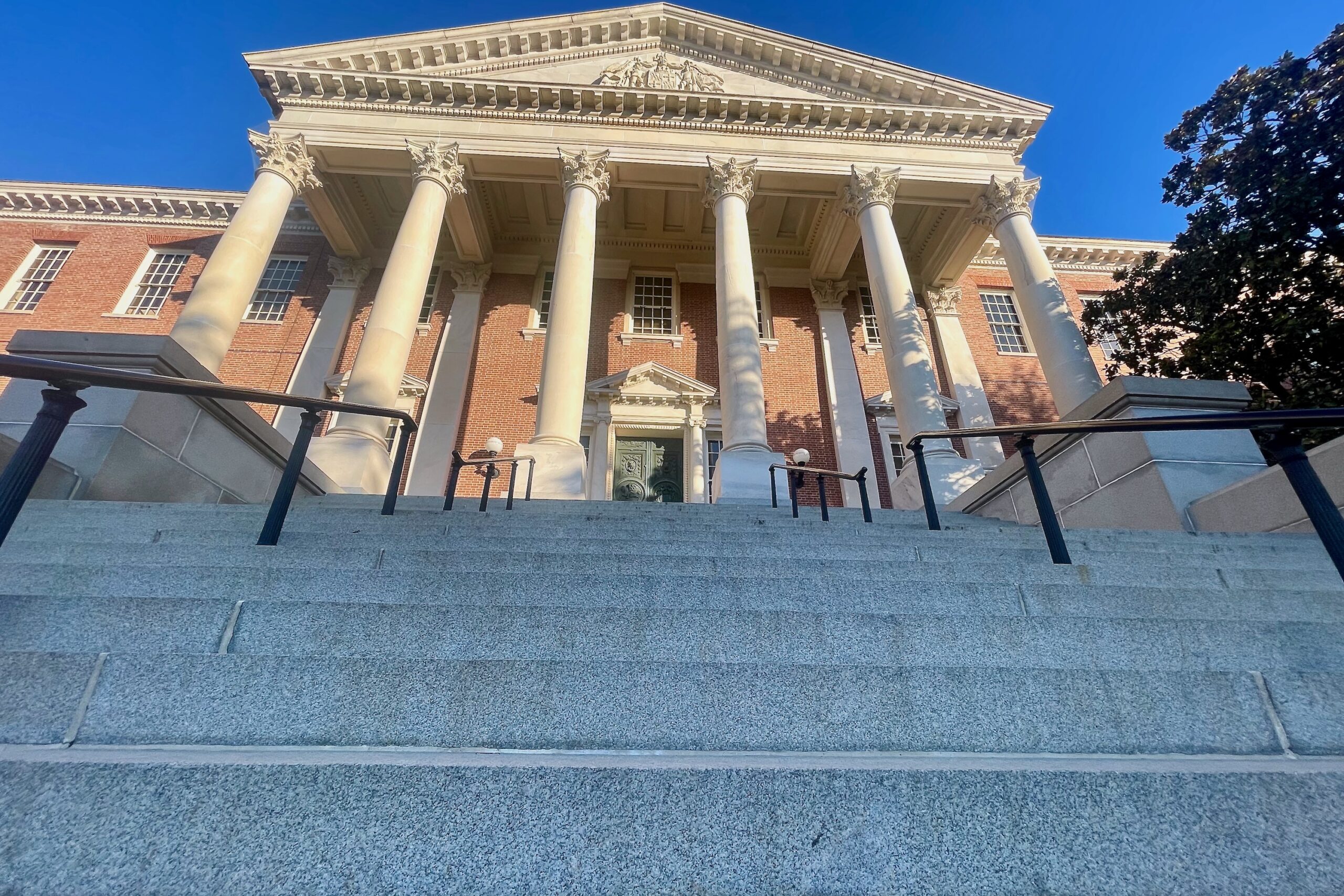
Another fatal police “use of force” incident, leaving another Black man dead. Again, our judicial system struggles to find prosecutable charges, as police actions are deemed not racist or unlawful.
It’s implicit bias, based on feelings and unconscious attitudes toward certain people and social groups from learned stereotypes. For Blacks in America, this stigma is associated with portrayals of criminality, laziness, less intelligence, lewdness, danger and dishonesty. Implicit bias may not be synonymous with racism, but when it involves Blacks, it looks and feels like explicit racism in which certain groups have authority, permission or approval to exploit their negative subliminal, unsubstantiated biases and pre-judgments.
According to an advocacy group, Mapping Police Violence, Blacks are three times more likely to be killed by police than whites. So, if implicit bias explains why police have a greater propensity to stop, interrogate and detain Black men because ingrained stereotypes suggest they are more likely to be involved in crimes, then what explains when there is no impending danger or rationale for use of deadly force, Blacks are killed by police while unarmed 1.4 times more than whites.
When is implicit bias just explicit racism? When Black men are involved. Disproportionate incidents of police killing Black men aren’t just a problem in urban areas often exemplified by high rates of crime, unemployment, poverty and friction due to community distrust of law enforcement. In the affluent, liberal, melting pot of Montgomery County, there’s an uptick in deaths of Blacks by police who are considered the most well-trained, educated, diverse and community-involved in our state.
Nearly 40 years ago, when my husband, child and I moved to a modest home in Montgomery County, my neighbors greeted us with an admonition that the last Black family that moved into the community was selling drugs so we “ran them out.”
We all can agree that “bad apples” must go; but are all Blacks “bad apples”?
I believed, as my parents had told me and theirs told them, that in time the melanin in my skin would no longer obscure the content of my character. Yes, one day my lawful behavior, my good deeds, my quiet and orderly conduct, and service to our community would be visible experiences which would erase negative, baseless characterizations of me and my family.

Del. Pamela E. Queen (D-Montgomery)
Yet, it was only a few months ago, when my son called me relieved that he no longer needed to borrow my car, as my specialty Maryland state tags were a magnet for routine police stops. He knows to always have his identification in clear sight, keep his hands always visible, make no abrupt movements and immediately greet the officer with “this is my mother’s car.” Yes, even in Montgomery County, implicit bias exists.
When we all saw the grainy film of multiple baton-wielding police pounding a non-combative Black man, Rodney King, to the ground, finally, Blacks believed everyone could comprehend that presumption of guilt, reasonable use of force and de-escalation protocols differ when a Black male is involved.
For America to ever uphold its creed, our judicial system must no longer err in justifying implicit bias and indemnifying racist, unjust actions of police. Of course, all police are not “bad apples.” However, with almost no killing by police of unarmed Blacks resulting in criminal charges, federal laws are needed to prohibit chokeholds, strangleholds, neck restraints and other death-causing tactics when suspects are constrained, lying face down; most jurisdictions already have laws prohibiting shooting suspects in the back.
To restore integrity and rebuild community trust, local police departments must adopt universal disciplinary policy in which punishment includes confinement, fines, loss of pay and pension, reduction in rank and punitive firing with felony charges. Can’t we all agree that “bad apples” must go?
One recent early spring morning, when alerted that a suspicious Black man was sighted running in the neighborhood, I too wondered who this unfamiliar Black man was. So, I scurried to get a glimpse of this mystery man wearing a skull cap, dark sweat jacket with long basketball shorts, and dark sneakers with ankle length socks. As I strained to sight any familiarity, I realized that his legs had no melanin. This dubious man wasn’t Black.
Implicit bias is deep-rooted in which years of training, personal experiences or objective evidence may never abate. I applaud actions of Maryland House Speaker Adrienne Jones to form a Police Accountability Workgroup to provide a framework for investigating police misconduct, statewide use of force rules, body camera policy and independent prosecution of law enforcement crimes.
Until this workgroup can propose needed legislation, an executive order from Gov. Larry Hogan to implement police reforms today can save Black lives in Maryland.
— DEL. PAMELA E. QUEEN
The writer is a Democrat representing Montgomery County’s District 14. She serves on the House Economic Matters Committee.
Did someone forward this to you?
Get your own daily morning news roundup in your inbox. Free. Sign up here.




 Creative Commons Attribution
Creative Commons Attribution